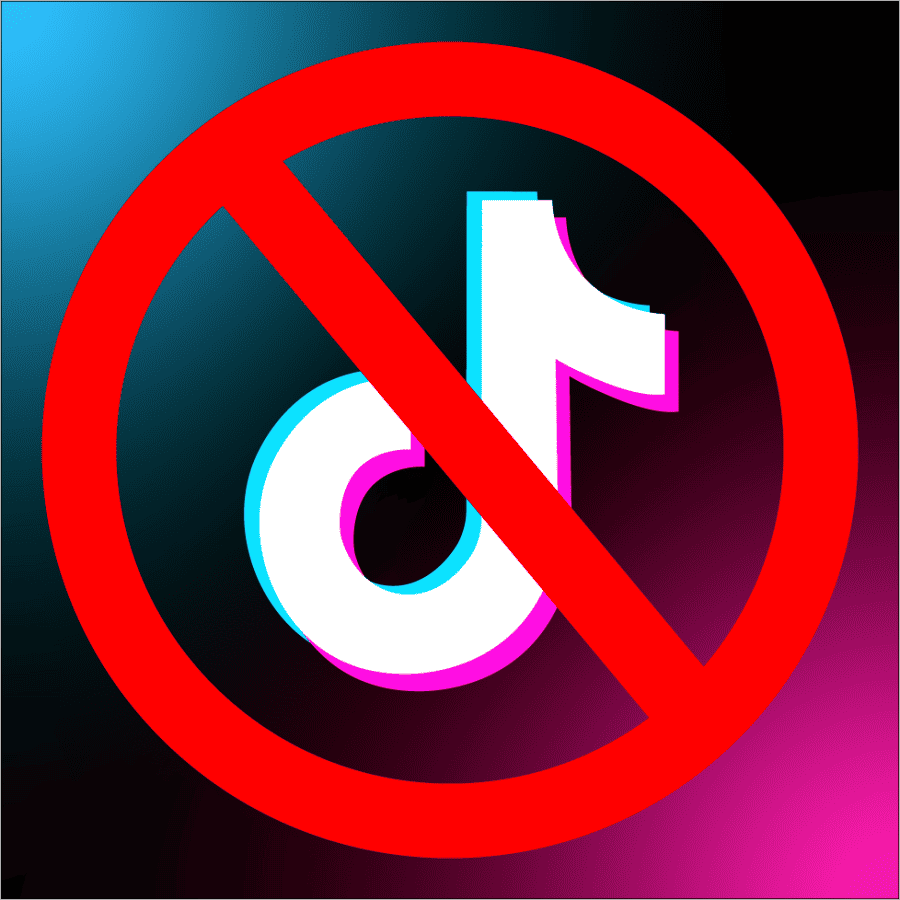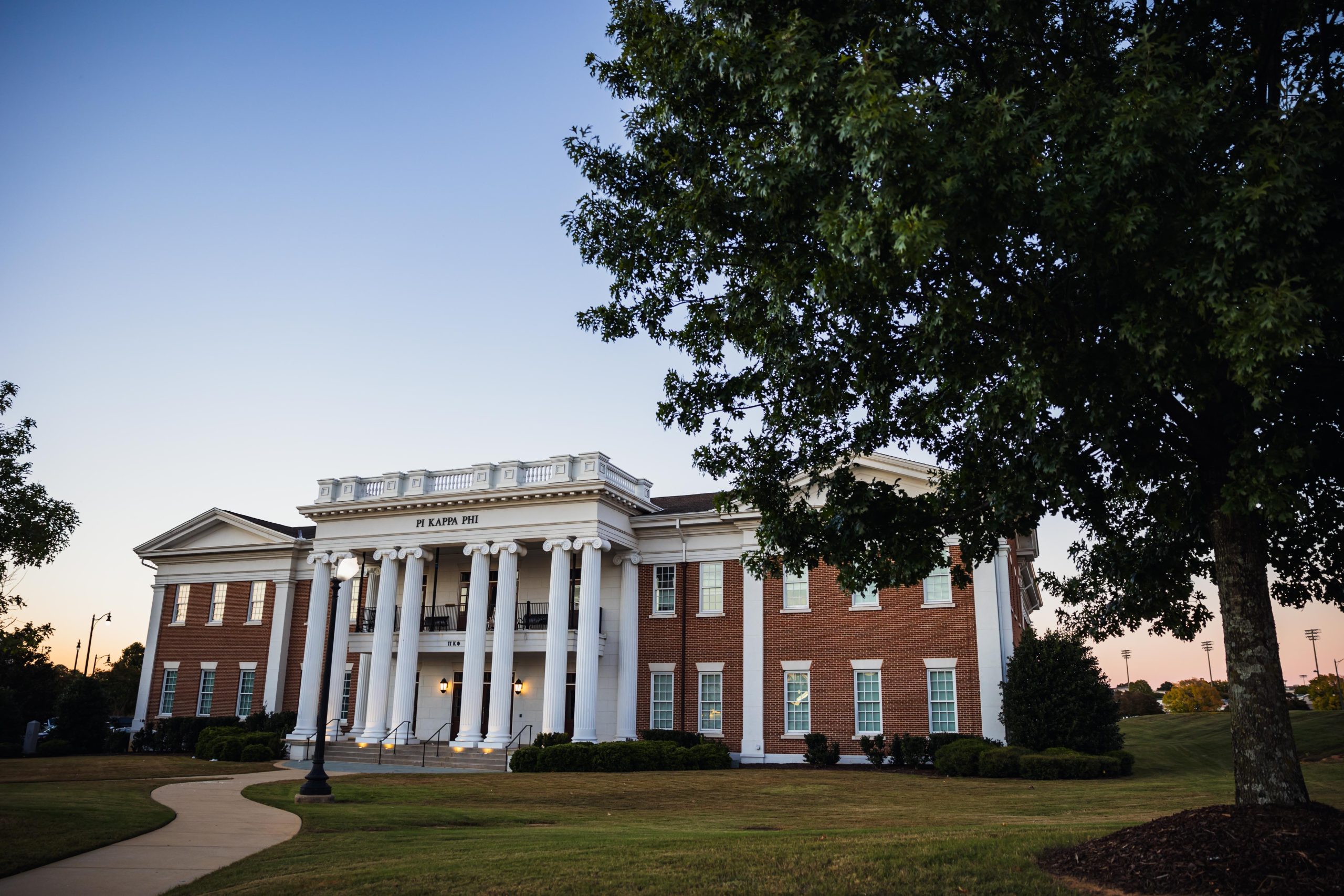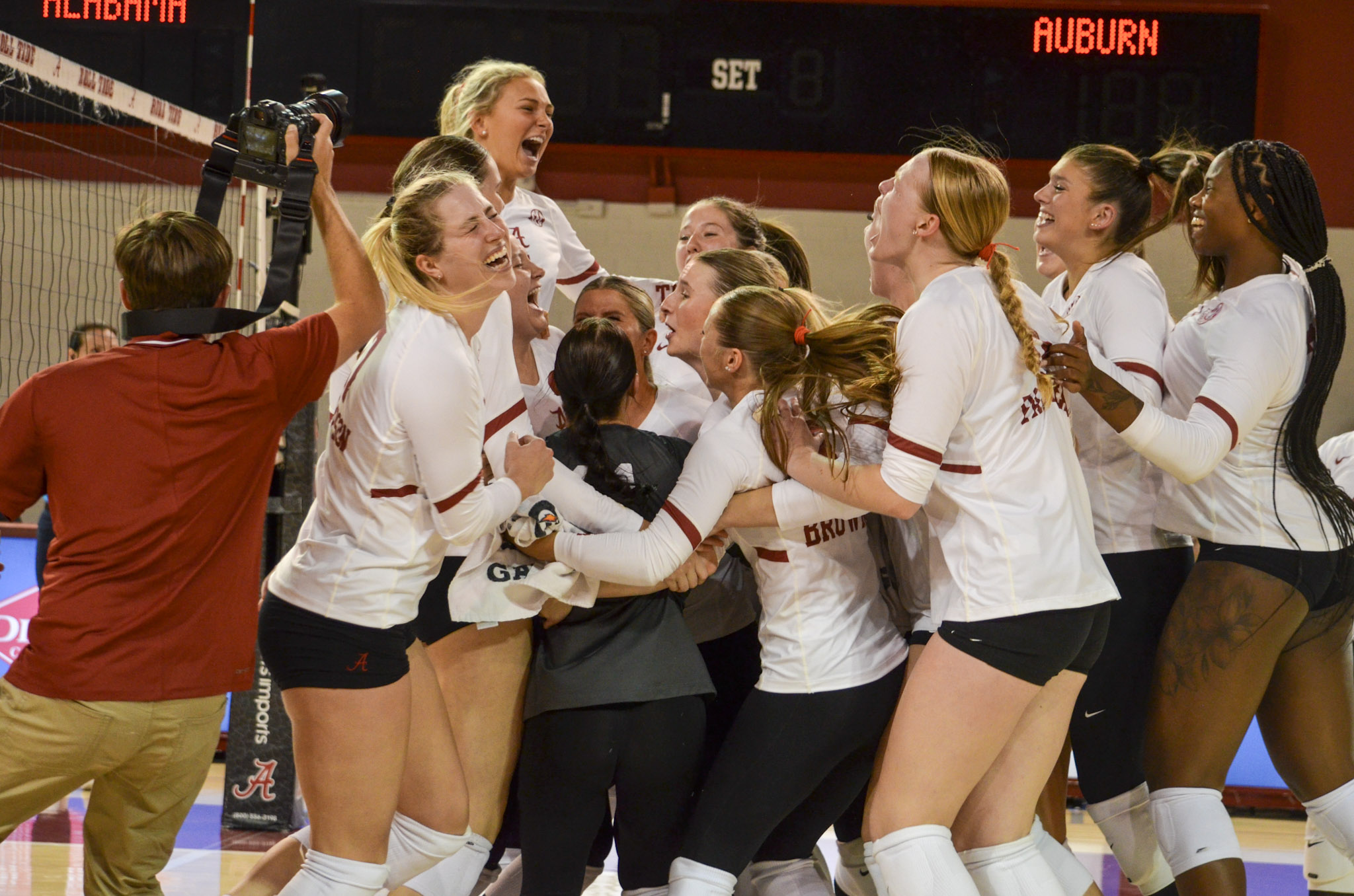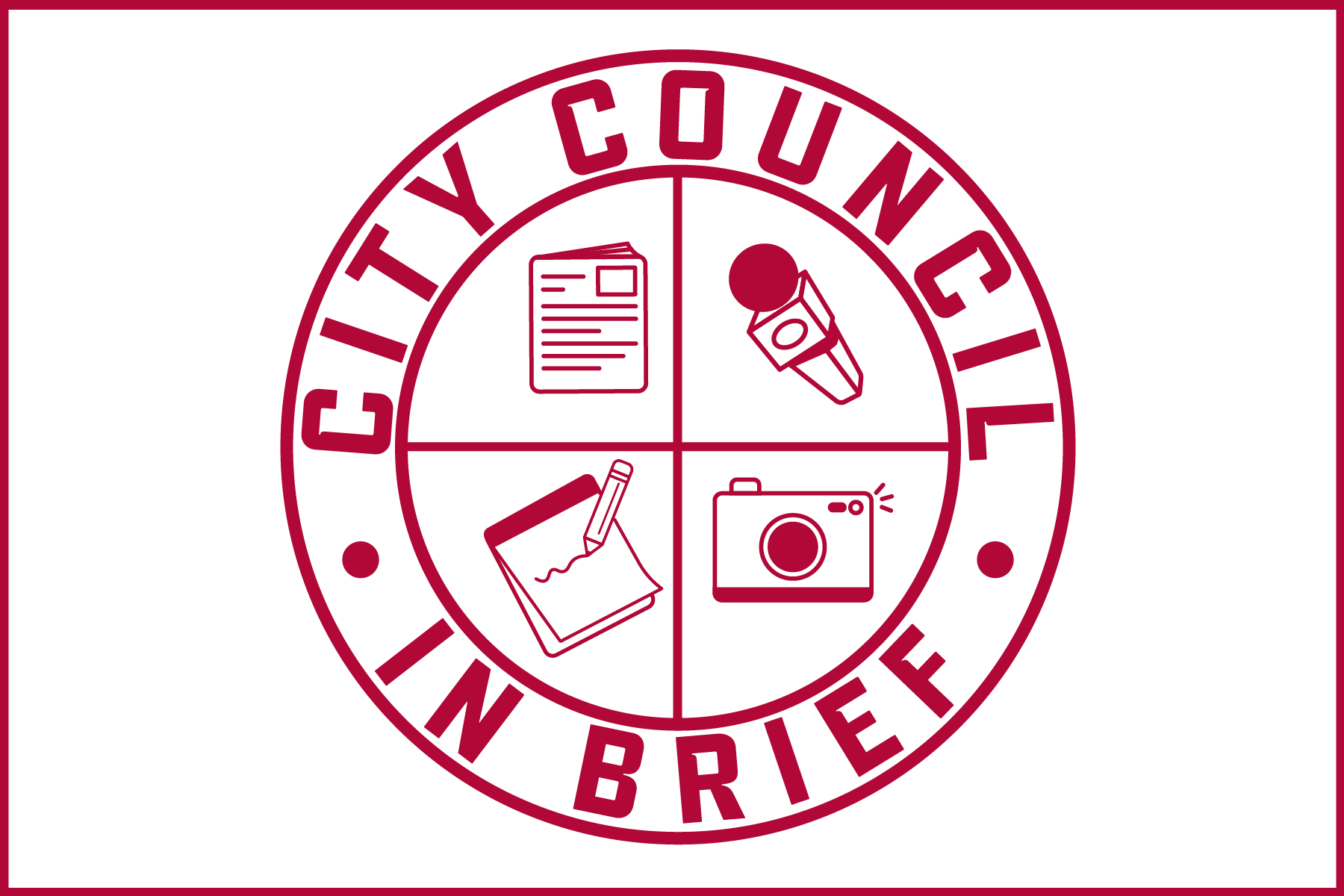Opinion | Banning Tiktok has controversial implications for UA students
February 19, 2023
Several universities across the country, like the University of Arkansas, the University of Texas at Austin and the University of Idaho, have banned TikTok from their campus Wi-Fi networks and government-owned devices. These bans are the result of concerns from government officials that user information and data are possibly being stolen by the Chinese government.
In late December 2022, two well-known colleges in Alabama, Auburn University and Jefferson State Community College, both banned TikTok, which begs the possibility of The University of Alabama doing the same in the future.
Unlike other social media apps such as Instagram, Snapchat and Facebook, TikTok’s fairly young age and Chinese ownership has created some cybersecurity concerns.
“At TikTok, our top priority is the safety, security, and privacy of our community. We’re always working to enhance and advance our security efforts to safeguard the platform as a destination for self expression, creativity, and joy,” said Roland Cloutier, Tiktok’s Chief Information Security Officer in an April 2021 statement.
The company also announced that they are certified by the International Organization for Standardization in four countries including the U.S., which demonstrates their commitment to user security efforts.
In 2020, former President Donald Trump announced that if TikTok refused to be acquired by a U.S. company, he would remove it from American app stores. Nevertheless, this ban was never executed how Trump imagined, and the backlash he received from users of the app was immense.
Users began to assume that Trump’s threat to ban TikTok was due to their political responses to his campaign. In June 2020, TikTok users that opposed his political views reserved seats en masse for a rally in Tulsa, Oklahoma only to not show up.
The government’s attempt to ban TikTok only proved how popular the app is to the millions of people that use it everyday and the influencers that have created successful careers for themselves on it.
Although TikTok has been trying to subdue these concerns, government officials continue to worry. Reports have found that Chinese company ByteDance has tried to access user data and the location of specific users before for unknown reasons.
The ban issued by universities does not prohibit users from having the app entirely; however, students and faculty will have to use their personal cellular data if they want to access the app on campus.
Without the use of TikTok it could become harder for universities to gain traction around organizations, teams, clubs and the recruitment of new students.
As the number of universities banning TikTok increases, the possibility of eliminating the app’s existence entirely could come into question as well.
It is unlikely that a potential ban from the University will directly affect students who live off campus and are only on campus during certain hours of the day nearly as much as it will affect students who do live on campus. The average adult spends nearly half of their day consuming media. American adults spend an average of 45.8 minutes on TikTok daily, making the app one of the most used social platforms in the U.S.
Roughly 57% of Tiktok users are female and the majority of them range between the ages of 18 to 24 years old. This specific demographic became targeted on the app when the hashtag “#bamarushtok” and influencers like Kylan Darnell and Darcy McQueeny rose to popularity for being related to the University.
In recent years, recruitment and Greek life on campus have gone viral on this platform especially, reaching many prospective students and potentially influencing them to join this community through videos. Various UA departments have TikTok accounts, like UA Recreation, UA Museums, and Bama Study Abroad.
The University also has an official TikTok account that has over 48,000 followers and over 352,000 likes. The videos range from displaying campus activities to sports highlights.
For some universities this ban may seem insignificant, but if the University of Alabama were to possibly ban one of the major social platforms that has enhanced their marketability, it could be seen as contradictory.
It is clear from past attempts by the government to ban TikTok that the app is very valuable to a lot of people, and the possibility of its removal will come with repercussions. TikTok is being targeted due to their Chinese ownership, but in reality every app that we use receives our data to some degree. The University should not ban this app because of the effects it could have on their students and the major social presence it has grown online.










